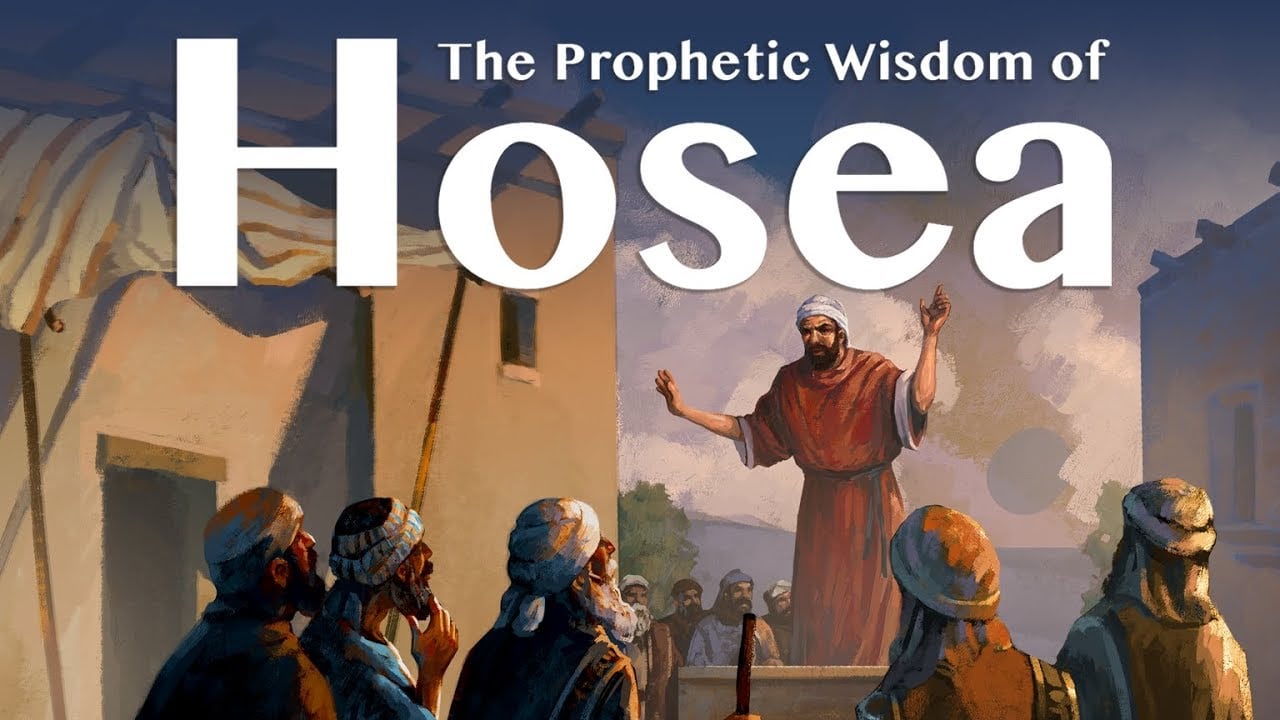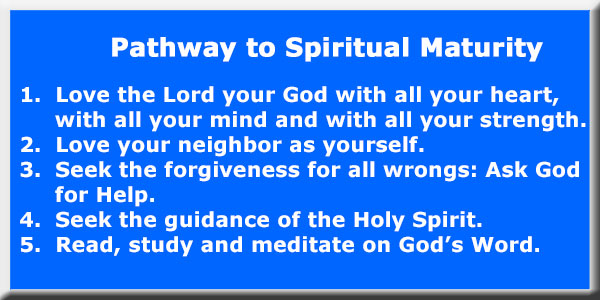I desire Mercy, Not Sacrifice
In Matthew 12: 7 Jesus said, “If you had known what these words mean, ‘I desire mercy, not sacrifice,’ you would not have condemned the innocent.”
Jesus spoke these words to the Pharisees, who complained to Jesus about His disciples breaking the Sabbath by picking heads of wheat and eating them as they walked through the wheat fields. The Pharisees were looking for ways to condemn Jesus.
What does mercy mean? What does sacrifice mean? Mercy means to have compassion or forgiveness toward another.
A sacrifice is an act of giving up something, especially for the sake of someone else. Sacrifice also means an act of offering something precious to God.

Hosea’s Message to the Israelites
Why did Jesus Quote Hosea to the Pharisees? Because the Pharisees had lost sight of the desires of God. They were putting physical acts like keeping the letter of the Law above spiritual acts of loving and forgiving their neighbor. The way they treated their neighbor reflected their relationship with God.
Hosea 6:6, “For I desire mercy (also faithfulness or loyalty) and not sacrifice,
And the knowledge of God more than burnt offerings.”
Hosea was attempting to get the Israelites to come close to God. It wasn’t that they were not faithful to God but that their faithfulness quickly dissipated ‘like the early morning dew.’ They were good at offering animal sacrifices but had forsaken mercy toward others.
God would rather have the right hearts, full of truth and mercy, than sacrifice. Unfortunately, they also missed the heart of God, focusing on wrong and superficial things. Israel brought animals for sacrifice but never brought themselves to God as a living sacrifice (Romans 12:1). They missed what God really wanted: a deep, close relationship with Him.
When Jesus told the Pharisees that God desires mercy above sacrifice, He was telling them to put their relationship with God above the ritual animal sacrifices. Instead, they were to show where their hearts were by how they acted toward and treated people. Jesus always taught His people to love one another: Love God and Love People.
When the Pharisees complained to Jesus about His followers picking and eating the wheat on the Sabbath, Jesus pointed out David’s experience with the priests and the showbread in 1 Samuel 21:6. “Have you not read what David did when he was hungry, he and those who were with him: he entered the house of God and ate the showbread which was not lawful for him to eat.”
This principle presented by Jesus was simple and illustrated David’s experience by reminding the Pharisees that human needs are more important than observing ceremonial rituals. God desires we love others and care for their needs above mere formalities.
